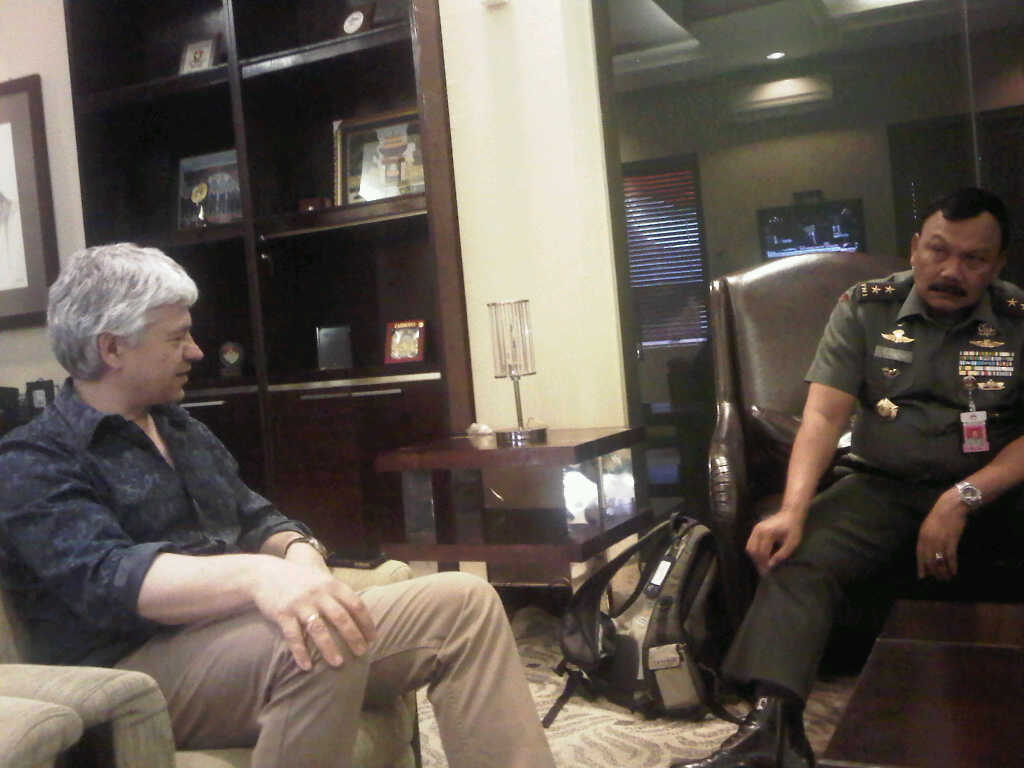Some interpretations
Thomas Reuter

Debates on representational bias in the discipline of anthropology have focused on partialities arising from the subjectivity of individual researchers and from specific historical patterns of unequal relations between the societies in which ethnographers live and those they study. There are thus two layers to this debate, with bias operating both at an individual and a collective level. In the first case, biased representations of other ethnic groups and their cultures can arise from the personal subjectivity of individual researchers. In the second, ethnography is compromised as a collective enterprise by unequal historical and contemporary power relations between the societies concerned. An associated legitimisation crisis still lingers because a satisfying solution to the two sides of the subjectivity problem continues to elude us.
Textual or ‘interpretative’ anthropology, for example, adopted an attitude of skepticism towards the possibility of gaining anything more than a subjective knowledge of other cultures, rejecting attempts to develop an objective epistemology for social science. Textual approaches are correct to emphasise the inevitable need to interpret the observed actions of others, but they do not investigate how biases affect the researcher, as the interpreting subject, and thus can offer no recommendations for improving individual ethnographic practice.
The ethnographic observation and interpretation of other cultures is affected by sporadic, systematic, and sometimes insidious biases arising from the subjectivity and subjective interests of individual researchers. Their subjectivity is the result of a complex interplay between inherited individual characteristics, what they have learned in the course of their personal history, and the influence of the socio-cultural contexts in which such learning has been taking place. Researchers are unique individuals positioned within particular societies of which origin also feature unique ‘national anthropologies’. Nothing can be done about this basic fact. Indeed, there is nothing wrong with subjectivity as such. Subjectivity is what makes us unique as individuals and capable of gaining unique insights. Biased individual perception and interpretation of cultural Others, however, if it is not minimised at least, lead to ‘bad science’ and can have serious ethical and political implications for those who are wrongly portrayed.

Both textual and meta-textual approaches in anthropology have failed to deal with this dilemma due to a lack of explicit analysis of the investigating subject or S/self.1 Subjectivity is tackled immediately as an epistemological or political problem, in other words, as a problem of ‘content’. But what are the key cognitive processes and associated failures that can lead ethnographers to misconstrue other cultures?
An important source of insight here are the findings of modern psychology on the interdependent construction of our ‘self-concepts’ and our concepts of others. We perceive and represent ourselves and others through a continuous process of apperception and interpretation, and hence our self-concept is a continuous historical process rather than a fixed product. As the psychologist, S. Epstein, defines it, the self-concept is a theory that the individual has unwittingly constructed about himself as an experiencing, functioning individual. This process is primarily social in that the formation of concepts of self and other takes place in an interactive and intersubjective context. Borrowing from a contemporary psychology of the self, we can learn much about social processes of self/other-construction and their potential biases.
The self-concept is the image or opinion we have of ourselves, rather than reflecting the actuality of our living Self in any simple way. It is a theory that can be expressed and shared with others through language. It is a partial theory, as is every theory, in that it can never capture the ‘I’ (or Self) of experience in its totality. It is a fluid theory that constantly evolves, and it is also a contested theory, because others may not agree with how we interpret and portray ourselves.
The self-concept is nevertheless an attempt for a totalising discourse about the Self of experience, and needs to be. Self-concepts do not merely satisfy a narcissistic self-interest or a predilection for creating ‘meaning’. They reflect the practical requirements of living in an interactive and intersubjective world. In order to plan our actions and coordinate them with others, we must ‘step outside’ and perceive ourselves relationally, as subjects among other subjects and objects. In a very immediate sense, the need for an objectifying concept of the Self derives from interaction with the Other and the world at large, and begins with the creation of a conceptual boundary between self and non-self. The purpose of the self-concept is not a philosopher’s quest of ‘know thyself’ but reflects an existential pragmatism, a need to create a point of reference for one’s interactions.2 In relation to cultural identities, a similar process of totalisation takes place on a level of collective self/other-representation. It is indeed difficult to conceive how a society could persist without some stability in its self-image, a sense of ‘our history, tradition, way of life’.
The individual and collective self-concept vacillates between this need for closure and a simultaneous need for openness. Self-concepts are challenged by the indeterminacies of the living Self, an emergent and changing phenomenon within an equally indeterminate, quotidian world. Openness is necessary for the self-concept to be able to incorporate new information or experiences. Nevertheless, ideas of Self must have a degree of coherence and durability in order to facilitate coordinated action and to eliminate the need to mentally process what is already familiar. Of course, a self-concept may not always accomplish both of these pragmatic aims. Under a condition of excessive self-criticism, for example, a person with chronic depression may defend a distorted and negative self-concept even when exposed to experiences that would normally boost self-esteem.

The two extremes in individuals’ responses to contrary intersubjective information are characterized, respectively, by a loss of reality (low self-monitoring) and a loss of identity (low self-congruity). The same may be said of the self/other concepts in ‘inter-ethnic’ or ‘inter-cultural’ relations. People generally strive to keep their ‘my culture’-concepts and associated collective identities reasonably stable within the historical flux of contingent events. At other times, they may instead respond to encounters with other cultures by adjusting their collective culture-concept and sense of identity. The act of self-construction must rely on inferences, given that mental, moral, or spiritual attributes are intangible as such. A self-concept is thus constructed to a large extent on the basis of external information. What are the external sources of information we draw upon in constructing a self- or culture-concept? I hope to tell you more another time.
1 I use an initial capital letter to distinguish the ‘Self of experience’ from the ‘self-concept’, which is a product of the reflexive, intersubjective capacity of the former.
2 One could argue that a self-concept is also required for engaging with the world of physical objects, that is, for the planning of action in the physical world.